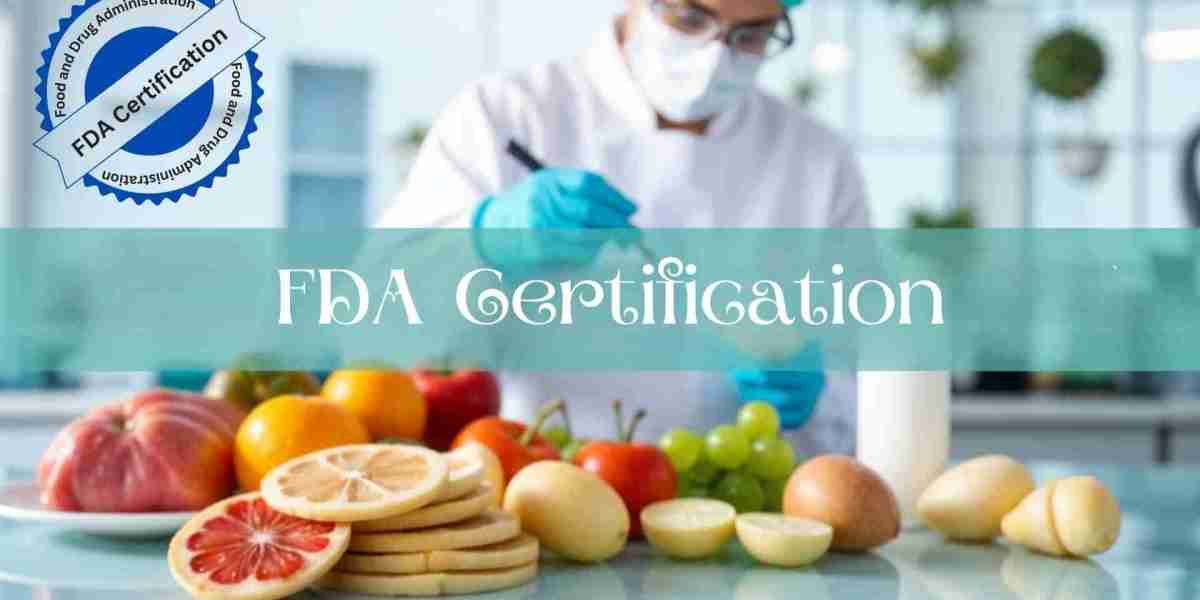Introduction
The Food and Drug Administration (FDA) in Indonesia, known as the National Agency of Drug and Food Control (BPOM), plays a critical role in safeguarding public health. BPOM is responsible for ensuring the safety, efficacy, and quality of food, drugs, cosmetics, and other health-related products in the country. With growing concerns over food safety and the proliferation of counterfeit drugs, BPOM's regulatory efforts are crucial for protecting consumers and maintaining public confidence in the products they use daily.
Role of BPOM in Indonesia
BPOM is tasked with monitoring and controlling the distribution of food, pharmaceuticals, and cosmetics within Indonesia. The agency ensures that products meet the necessary safety standards, comply with labeling requirements, and are free from harmful substances. BPOM works closely with other government bodies, including customs and the Ministry of Health, to conduct inspections, issue permits, and enforce regulations. This oversight is essential in maintaining the integrity of the market and ensuring that consumers have access to safe and effective products.
Product Registration and Approval
One of BPOM’s key functions is the registration and approval of products before they can be marketed in Indonesia. Manufacturers, whether domestic or international, must submit comprehensive data about their products, including ingredients, manufacturing processes, and safety evaluations. BPOM then assesses this information to ensure compliance with Indonesian regulations and standards. For pharmaceutical products, clinical trials and efficacy data may be required to prove their safety and effectiveness. This rigorous approval process helps to prevent the distribution of substandard or counterfeit goods.
Ensuring Food Safety
Food safety is a significant concern for BPOM, especially with the increasing import of food products and growing consumer demand for convenience. BPOM works to prevent foodborne illnesses by establishing and enforcing food safety regulations, inspecting food production facilities, and conducting regular sampling of food products in the market. The agency also educates consumers about safe food handling practices and the importance of reading food labels to make informed choices. This focus on food safety ensures that both local and imported food products meet stringent health standards.
BPOM's Role in Countering Counterfeit Drugs
Counterfeit drugs are a serious issue in Indonesia, with fake and substandard medications posing significant risks to public health. BPOM has established strong regulatory measures to prevent the circulation of counterfeit drugs, including random inspections, laboratory testing, and collaborations with international agencies. The agency also provides an online platform for consumers to verify the authenticity of drugs, helping to combat illegal trade and increase transparency in the pharmaceutical sector.
Conclusion
fda indonesia plays an indispensable role in Indonesia’s public health infrastructure by ensuring the safety, efficacy, and quality of food, drugs, and cosmetics. Through strict regulations, product monitoring, and consumer education, BPOM helps protect the well-being of Indonesian citizens and fosters trust in the products available on the market. As the country continues to develop and globalize, BPOM’s regulatory efforts remain vital in maintaining public health standards and addressing emerging challenges in food and drug safety.









